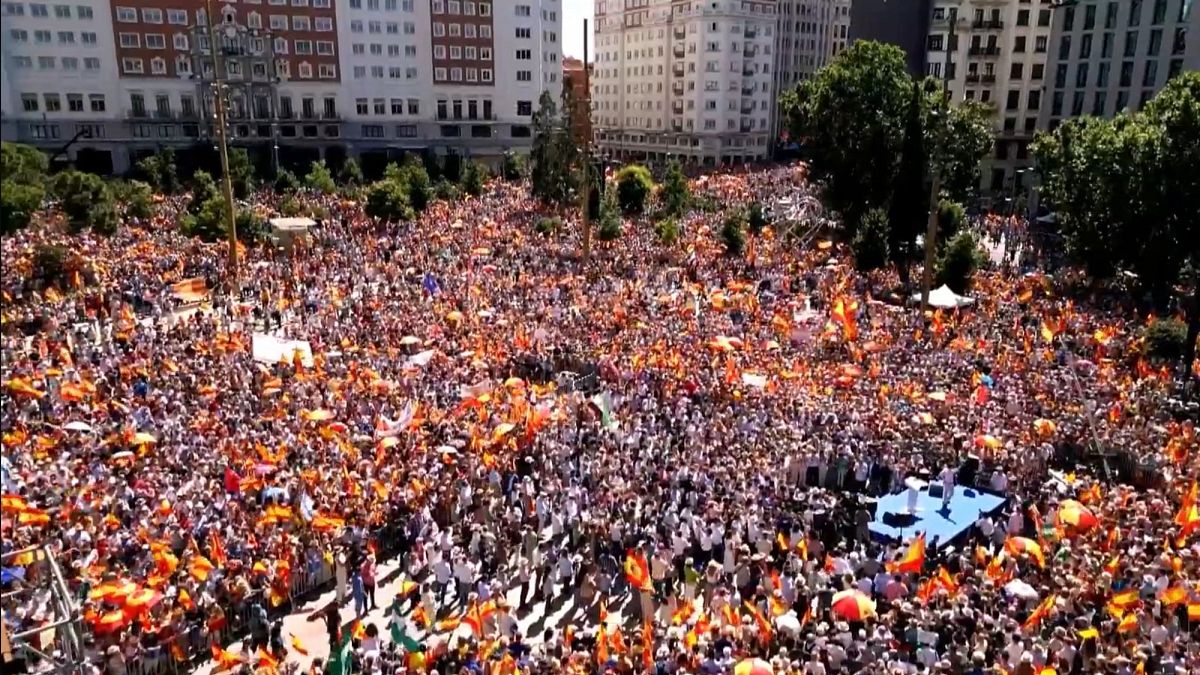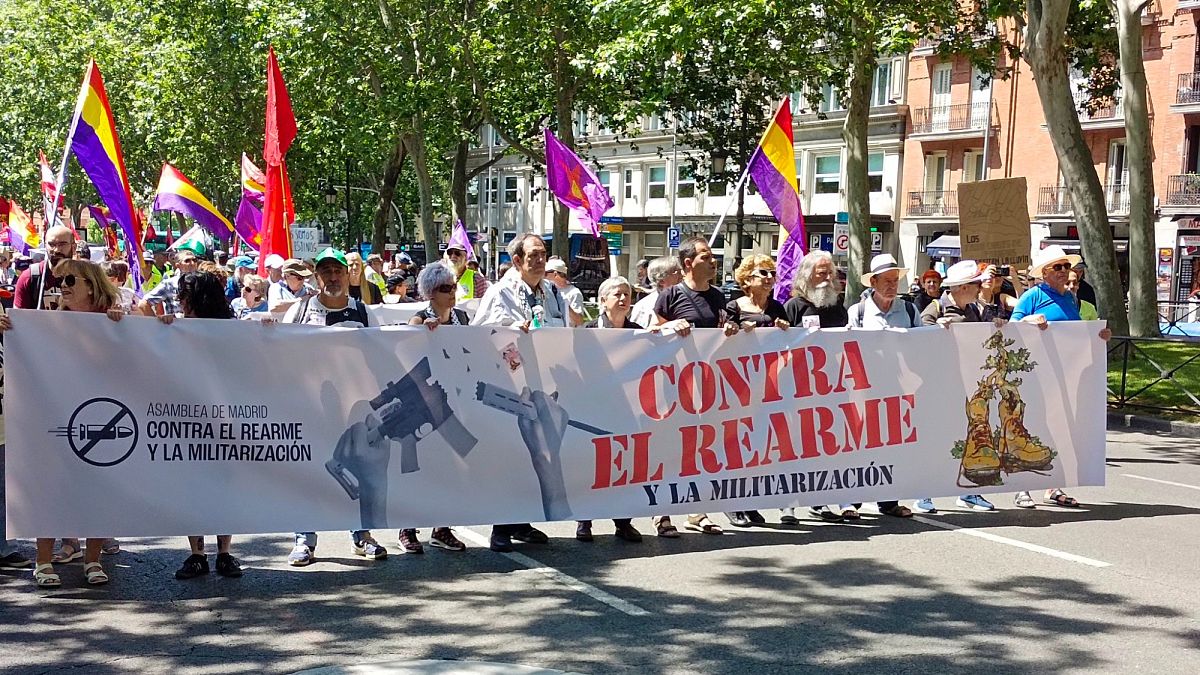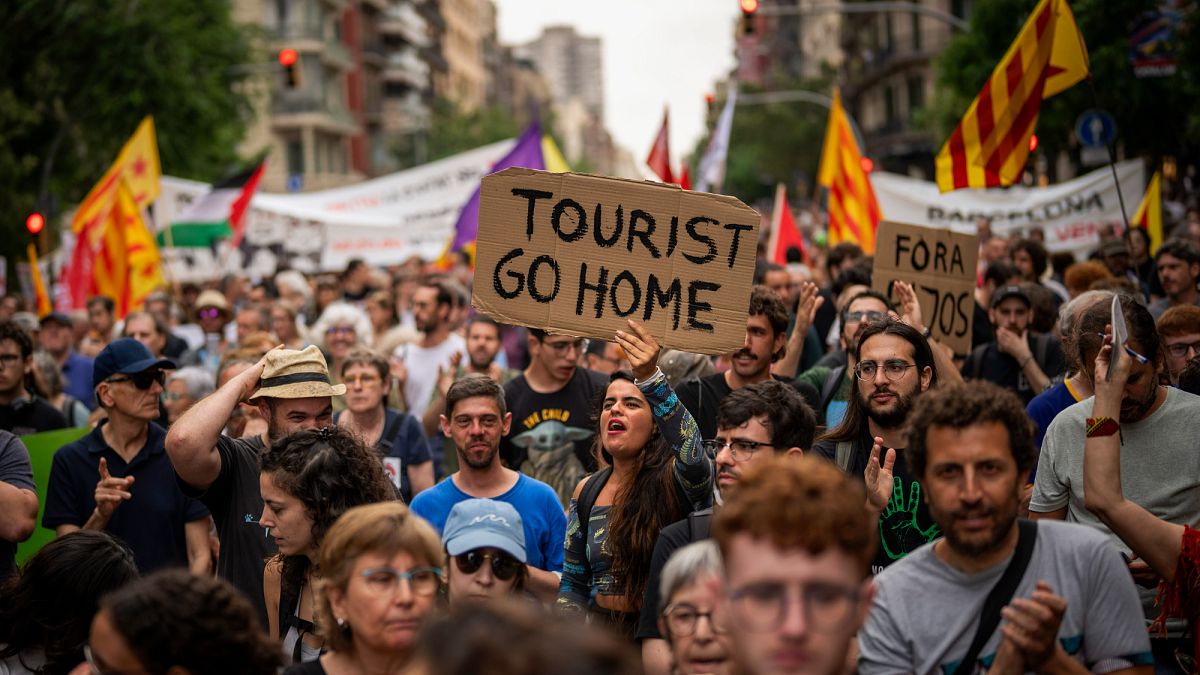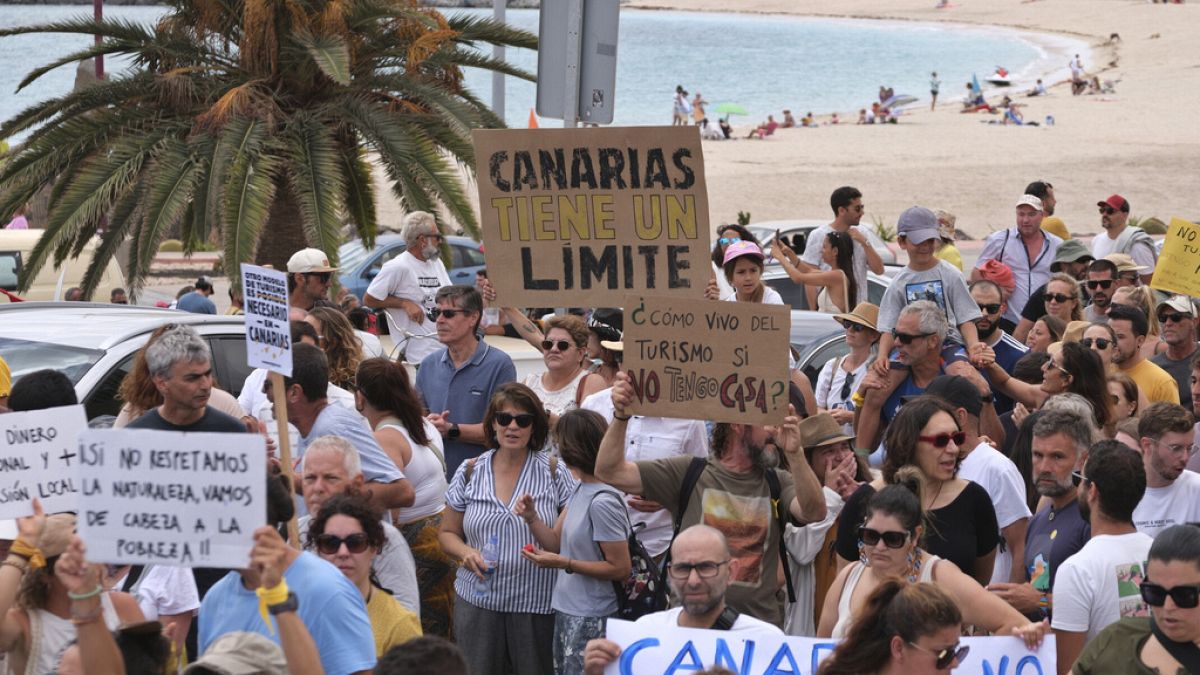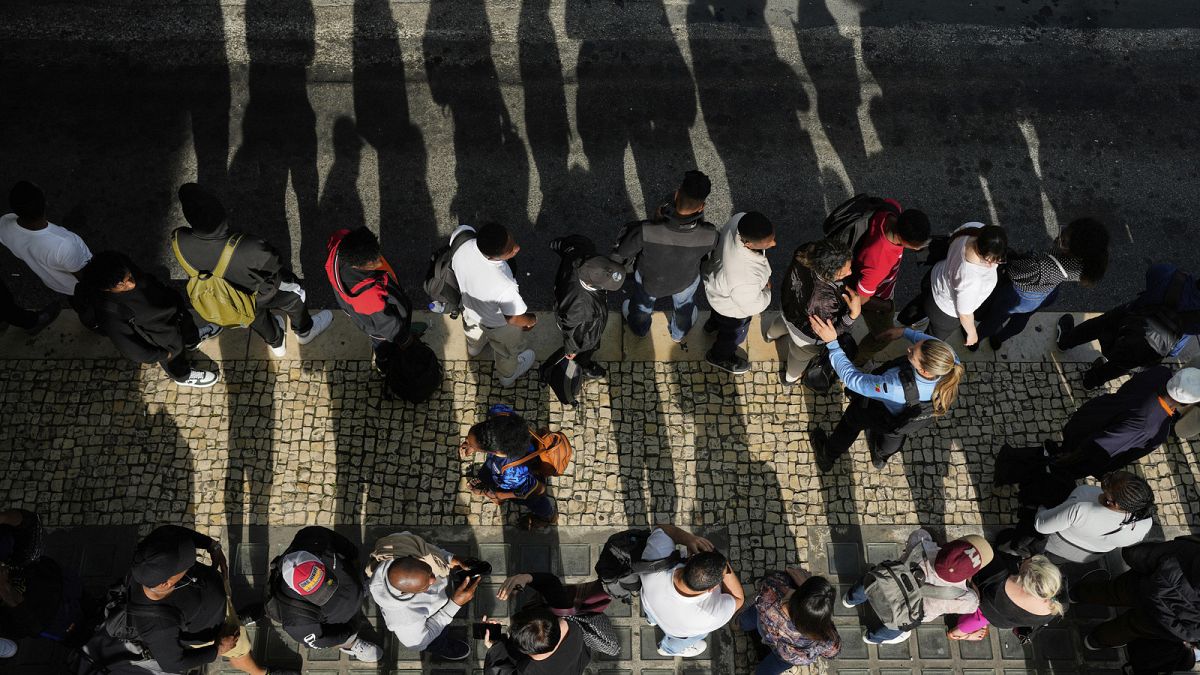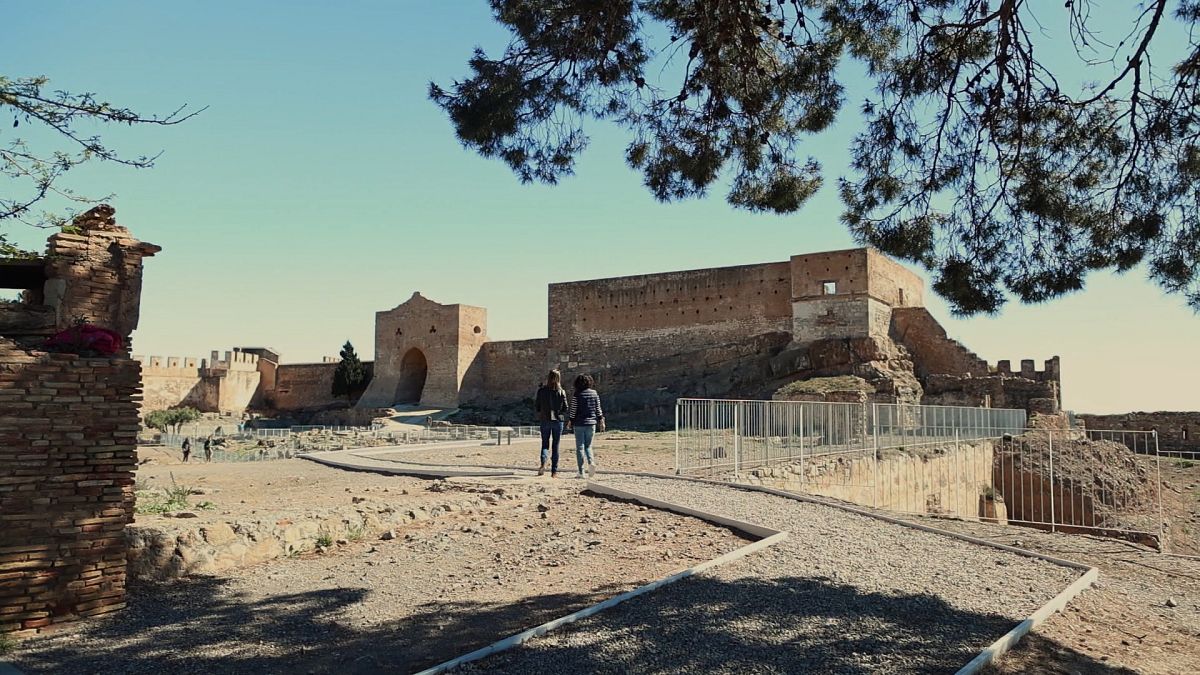Brussels, my love? The EU lacks leverage in the Middle East

In this edition of Brussels, my love? we discuss EU diplomacy in the Palestinian-Israeli conflict and talk about Spanish politics after the passage of a controversial amnesty law.
The European Union in the Middle East – soft power or paper tiger?
As Brussels gears up for massive humanitarian aid for Gaza, EU leaders stressed the need for a long-term resolution to the Israel-Hamas conflict. This contains no re-occupation and no forced displacement.
They also emphasized that the Palestinian Authority should take over in Gaza while moving towards a two-state solution.
The European Union is doing in the Middle East what it does best: funding projects. That seems to be the only thing that the 27 governments can agree on.
Consequently, the European Union oftentimes looks like a resourceful bystander rather than a powerful mediator in this eternal conflict.
We discussed the EU’s leverage (or lack thereof) in the Middle East with Kait Bolongaro, managing editor Europe at MLex, Sven Biscop, director of the “Europe in the World” programme at The Royal Egmont Institute for International Relations and professor at Ghent University, and Sandra Pasarić, project officer at the Martens Centre for European Studies.
Panelists had slightly different ideas of what Europe’s support for Israel should mean:
Israel’s “long-term strategy has been a total failure because it behaves like a colonial power,” said Biscop. “Belgium, my country, has been a colonial power. We gave up our colonies because we realized, in the end, we could only maintain them in a permanent stage of war. That should also be made clear to Israel.”
“It was a very good sign that Roberta Metsola and Ursula von der Leyen were one of the first world leaders to visit the kibbutz closest to the Gaza border,” said Pasarić.
“The European Union unanimously decided to be on the side of Israel. Israel has the right to defend itself.”
Panelists also discussed the political situation in Spain now that Pedro Sánchez is back in power thanks to a deal between his Socialists and Catalan separatists.
His decision to accede to some of the demands of pro-independence parties has proved profoundly divisive.
They made their backing for his new government dependent on an amnesty for hundreds of people involved in the illegal referendum to secede from Spain.
Critics argue – sharply – that Sánchez’s government will now be at the mercy of traitors to the country.
The conservative opposition in Madrid cried foul – and so did hundreds of thousands in the streets.
Is Sánchez’s move a threat to the rule of law?
Source: Euro News



